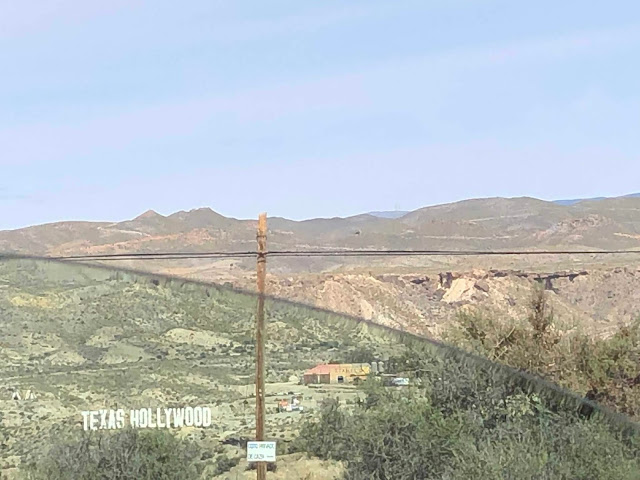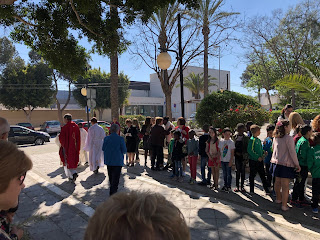Preaching on the Feast of St. Robert Bellarmine
I'm leading and preaching for mid-day prayer today, and I've chosen to use the first reading for the Feast of St. Robert Bellarmine, rather than tackle either of the mass readings today. But really, I'm just talking about the saint himself. Enjoy.
Reading: Wisdom
7:7-10, 15-16
The passage from Wisdom an
appropriate introduction to the life of St. Robert Bellarmine, whom the church
celebrates today. Bellarmine was a
Jesuit and Cardinal who lived in the late 16th and early 17th
century. He was born shortly after
Ignatius founded the Society of Jesus, and the Council of Trent began when he
was a child, ending during his philosophy studies in Rome. His entire theological career was marked by
the decisions made by the Council and by the theology of reformers such as
Martin Luther, John Calvin, and Ulrich Zwingli.
In fact, his writings reveal that he read and knew their theology.
Before doing a little research, I
knew only that Bellarmine was a Jesuit and that he must have been involved in
education. My initial impressions of him
were of a man who craved black and white answers, and who sought to find them
in his theological explorations. That
impression is not far from the truth, and it still makes me a little
uncomfortable. Yet, the more I read
about Robert Bellarmine, the more I see him as a good man.
Bellarmine was certainly brilliant
and well-educated. He entered the
Jesuits at age 18, and he quickly became known as a good preacher, even before
he was ordained to the priesthood. He
began philosophy studies in Rome in 1560, taught liberal arts from 1563-1567,
and then began studying theology. In 1570
he was ordained and appointed professor at Louvain, where he lectured on the
work of Thomas Aquinas. During his time
in Belgium, he began refuting the Protestant errors he saw in the works of his
colleagues. His lectures refuting the
teachings of Luther, Calvin and others were published in several volumes. While many Catholics were arguing against
Protestant theology, Bellarmine’s lectures were unique in tone. Like Thomas Aquinas, he first learned the
arguments of his opponents, then refuted them using logic and reason.
Bellarmine’s genius cannot be denied,
and it extends beyond doctrinal issues to canon law, architecture,
spirituality, and even science. Yet, the
brilliant mind was found in a man who loved the poor and wanted to provide the best
of the reforms Trent promoted. When he
was appointed archbishop of Capua in 1602, Bellarmine personally attended to
the needs of those in poverty. He
established a Jesuit college there, which brought with it research and a
library. By living out the Tridentine
goal that the bishop reside, work, and preach in his own diocese, Bellarmine
lifted up the status of a small, poor town in rural Italy.
Robert Bellarmine was an unfailing
champion of the Roman Catholic Church, a voice necessary for the time in which
he lived. We can learn from him about
fidelity, and about careful theological exploration and education. We learn also that true dialogue requires us
to understand positions we may not agree with, and to treat those who hold them
with respect. Most of all, we learn that
a good education, and even positions of ecclesial or civil power, do not remove
our personal obligation to care for those in need. In the words of Pope Francis, “Before all
else, the Gospel invites us to respond to the God of love who saves us, to see
God in others and to go forth from ourselves to seek the good of others.”



Comments